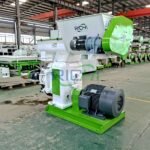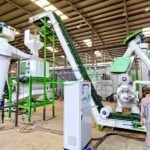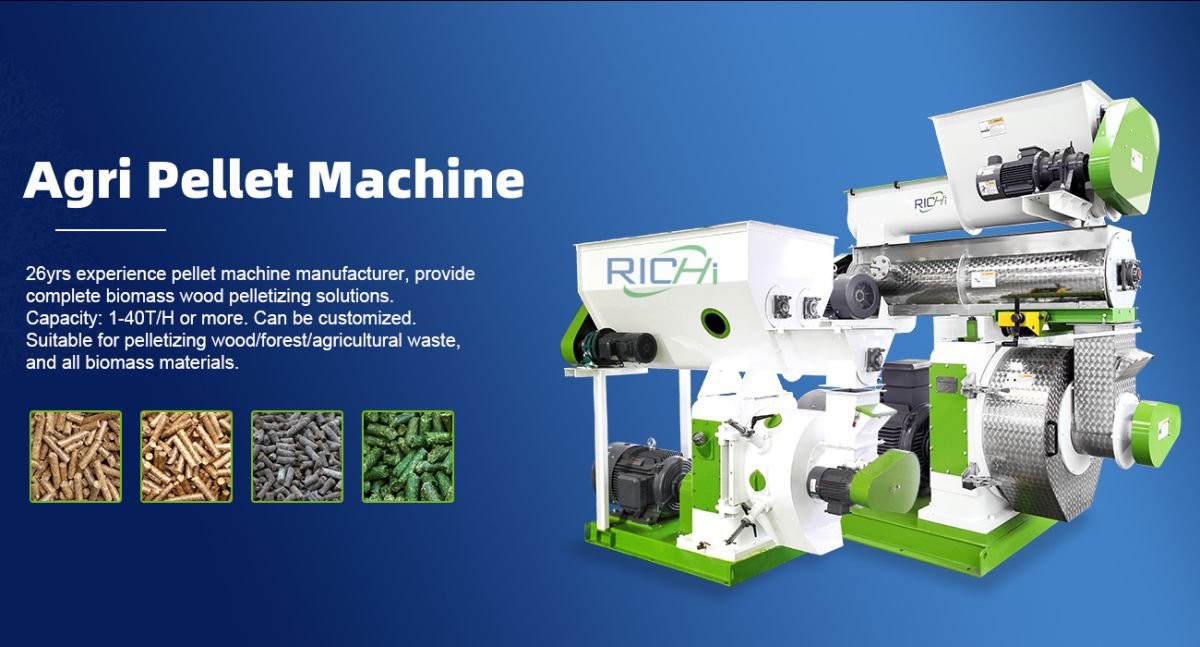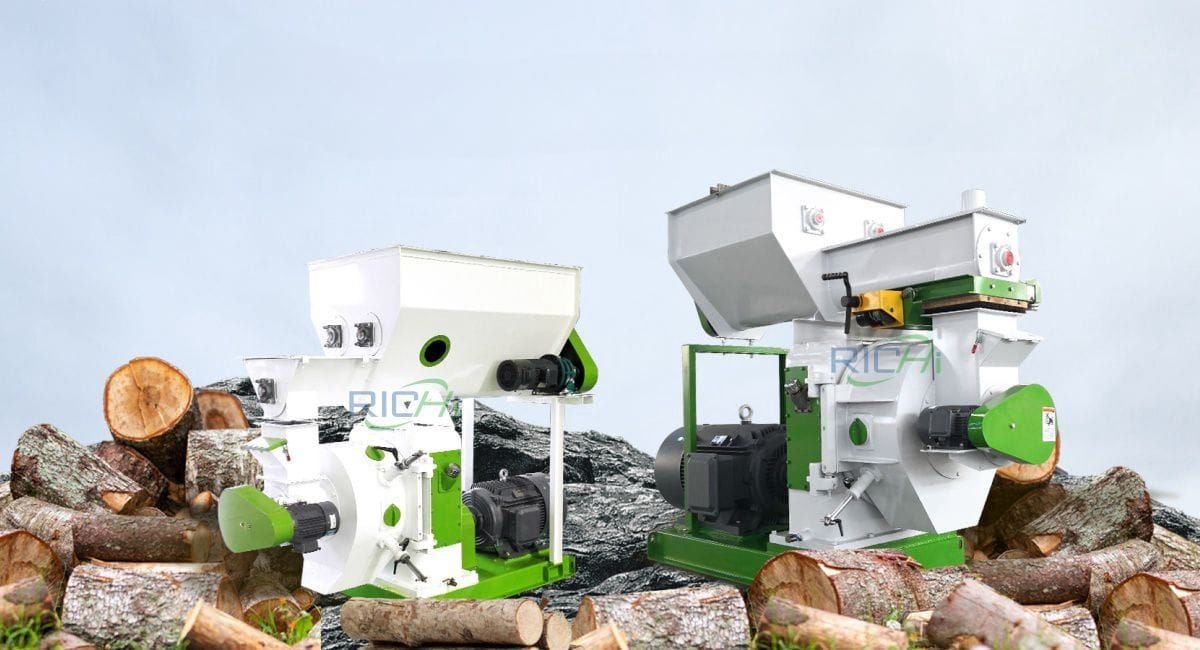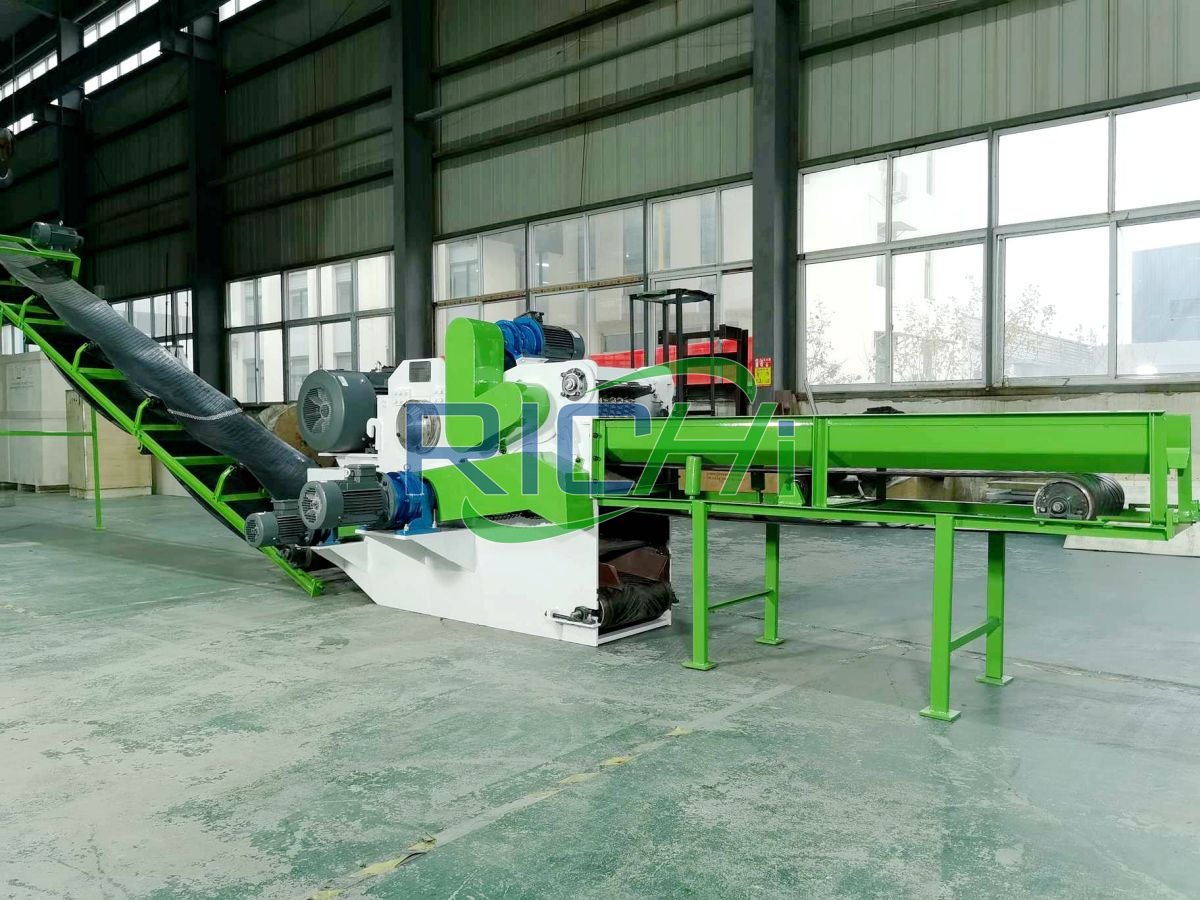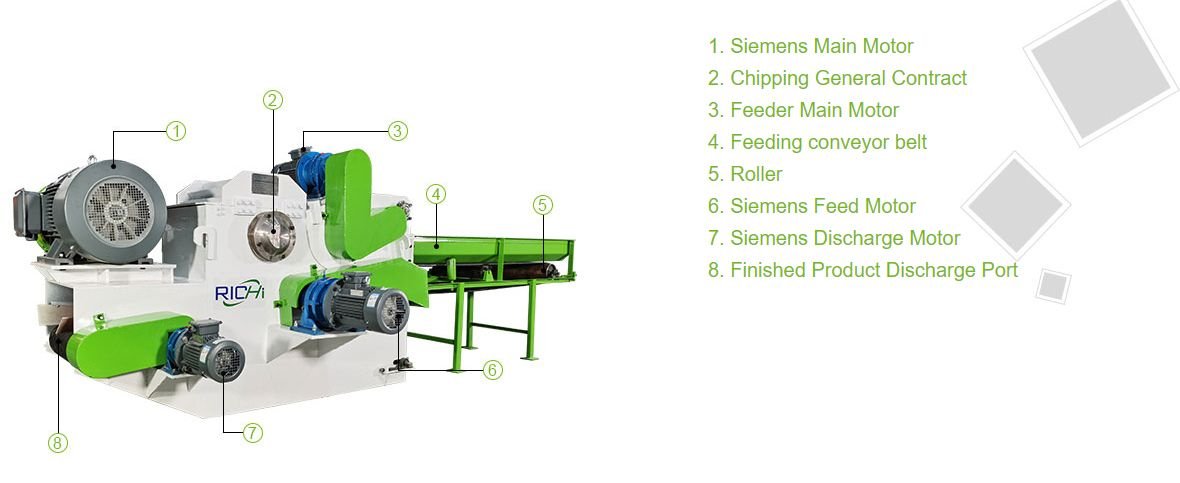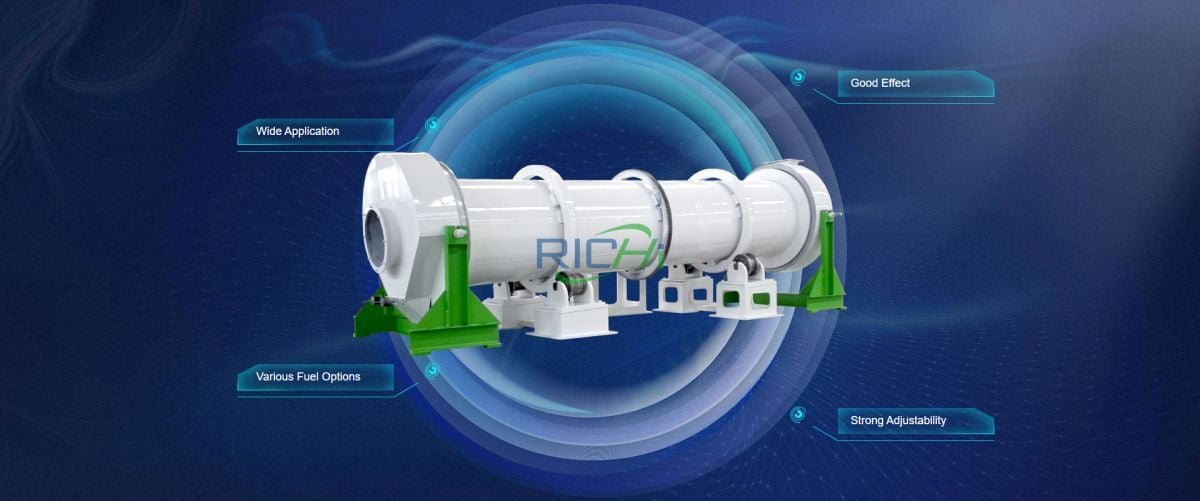In the pursuit of sustainable energy solutions, the utilization of biomass has emerged as a promising alternative to traditional fossil fuels. Biomass, derived from organic matter such as agricultural residues, forestry by-products, and dedicated energy crops, offers a renewable and carbon-neutral source of energy. However, to harness the full potential of biomass, it is essential to process and convert this raw material into a form that is suitable for efficient handling, transportation, and combustion. Enter the biomass granulator, a specialized machine designed to transform loose biomass into dense, granular particles, offering numerous advantages over traditional biomass forms.
Understanding Biomass Granulators
A biomass granulator is a specialized machine that utilizes mechanical force and pressure to compress and extrude biomass material into compact, granular particles. These granules offer several advantages over loose biomass, including increased bulk density, improved handling and transportation, and consistent combustion characteristics.The key components of a biomass granulator typically include:
- Feeder System: Responsible for introducing the biomass material into the granulator, ensuring a consistent and controlled flow of feedstock.
- Conditioning Unit: Prepares the biomass material by adjusting moisture levels, adding binders (if necessary), and ensuring optimal particle size for efficient granulation.
- Granulation Unit: The heart of the granulator, where the biomass material is compressed and extruded through a die, forming the granules.
- Cooling and Drying System: Cools and dries the freshly formed granules to stabilize their shape and moisture content, ensuring long-term storage stability.
- Granule Collection and Packaging: Collects and packages the finished granules for storage, transportation, or direct use.
- Control and Monitoring Systems: Advanced control and monitoring systems ensure precise control over process parameters, such as temperature, pressure, and feed rates, for consistent granule quality.
The Granulation Process
The granulation process within a biomass granulator involves several distinct stages:
- Feedstock Preparation: The biomass feedstock is prepared by ensuring the desired particle size and moisture content. Different biomass types may require specific pre-treatment processes, such as drying, grinding, or size reduction.
- Conditioning: If necessary, conditioning agents or binders are introduced to the biomass material to improve granule durability and strength. Moisture levels are also adjusted to optimal levels for efficient granulation.
- Compression and Extrusion: The prepared biomass material is fed into the granulation unit, where it is subjected to high pressure and mechanical force. The material is compressed and extruded through a die, forming dense, cylindrical granules.
- Cooling and Drying: As the freshly formed granules exit the granulation unit, they must be cooled and dried to stabilize their shape and moisture content. This process ensures long-term storage stability and prevents moisture absorption.
- Granule Collection and Packaging: The finished granules are collected and packaged appropriately for storage, transportation, or direct use. Proper packaging helps maintain granule quality and prevents moisture absorption.
Advantages of Biomass Granulation
The granulation process offers several advantages over traditional biomass forms, making it a preferred choice for various applications:
- Increased Bulk Density: Granulation significantly increases the bulk density of the biomass material, resulting in more efficient transportation, storage, and handling.
- Consistent Combustion Characteristics: Granules exhibit consistent size, shape, and density, ensuring uniform combustion characteristics and energy output.
- Reduced Dust and Emissions: Granulated biomass produces less dust and particulate matter during handling and combustion, contributing to a cleaner and more environmentally friendly energy solution.
- Improved Flowability: The granular form of the biomass material improves its flowability, facilitating efficient feeding into combustion systems and reducing the risk of bridging or clogging.
- Versatility: Biomass granulators can process a wide range of biomass feedstocks, including agricultural residues, forestry by-products, and dedicated energy crops, offering flexibility in raw material sourcing.
Related post: https://www.richipelletmachine.com/biomass-fuel-pellet-machine/
Factors Influencing Granule Quality
The quality of the biomass granules produced by a granulator is influenced by several factors, including:
- Feedstock Quality: The quality and composition of the biomass feedstock play a crucial role in determining the granule quality. Consistent feedstock quality is essential for producing high-quality granules.
- Moisture Content: Optimal moisture levels in the biomass material are critical for efficient granulation and granule durability. Too much or too little moisture can negatively impact granule quality.
- Particle Size: The particle size of the biomass material affects the compaction and binding properties during granulation, influencing granule density and durability.
- Temperature and Pressure: Proper control of temperature and pressure during the granulation process is essential for achieving the desired granule density, strength, and combustion characteristics.
- Binders and Additives: The use of binders or additives can improve granule durability and strength, but their selection and dosage must be carefully considered based on the biomass feedstock and intended application.
- Cooling and Drying: Effective cooling and drying of the freshly formed granules are crucial for maintaining their shape, preventing moisture absorption, and ensuring long-term storage stability.
By understanding the mechanics of biomass granulators and optimizing the granulation process, stakeholders in the renewable energy sector can produce high-quality biomass granules that meet the desired specifications for various applications, contributing to the growth of sustainable energy solutions and promoting environmental responsibility.


